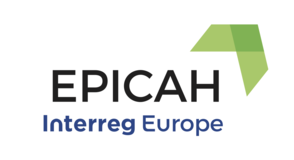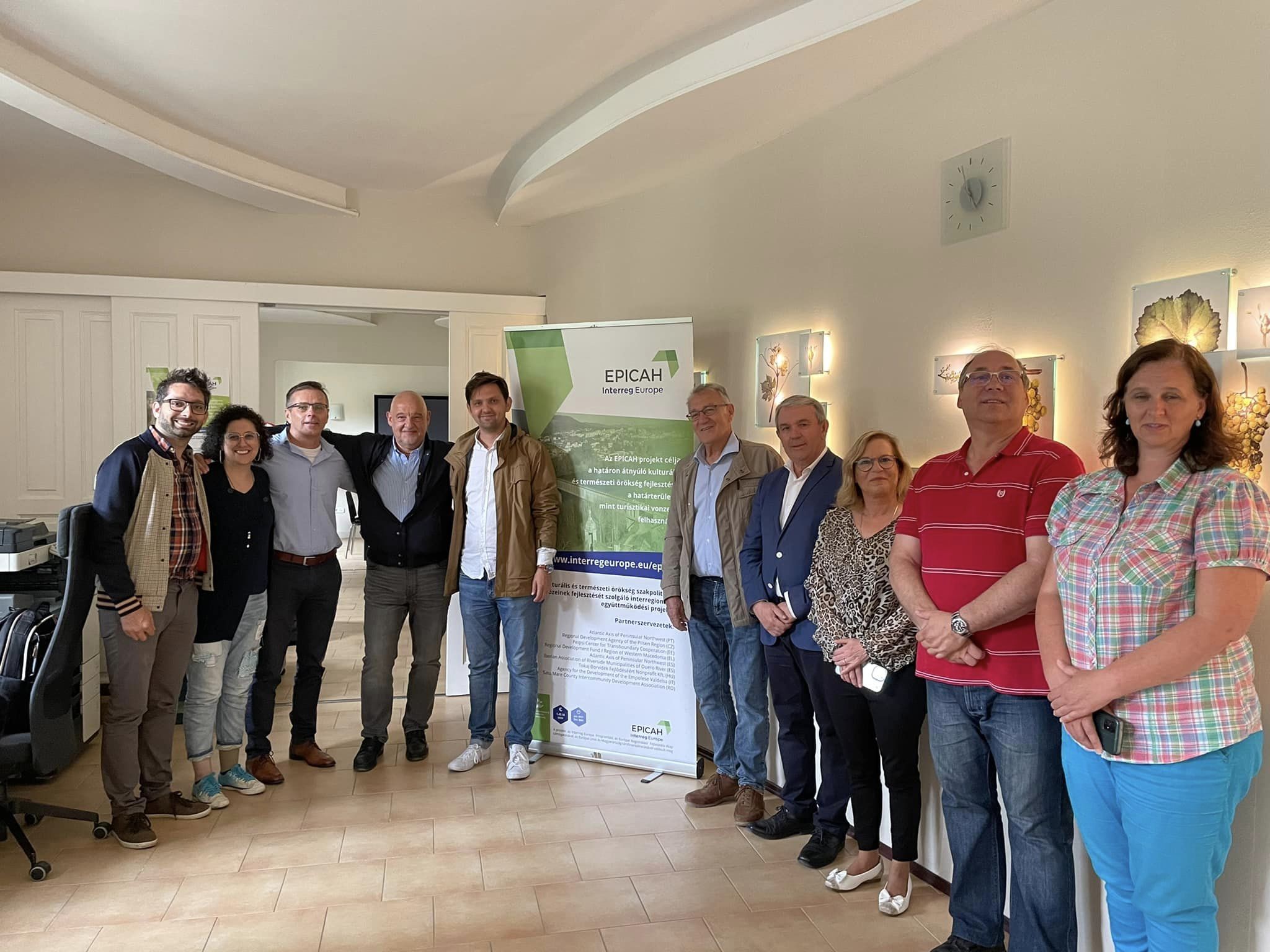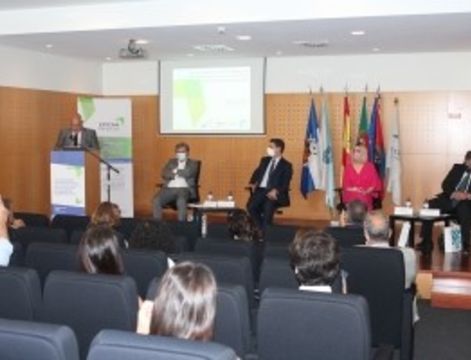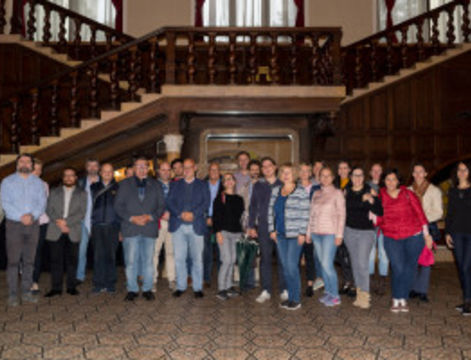The study was initiated by the member of European Parliament Igor Gräzin and commissioned by a European Parliament ALDE group. In total 664 Estonian-Latvian border region inhabitants were interviewed with the purpose to find out the availability and possibilities to improve public services today,the attitude towards joint municipality and whether cross-border cooperation could improve the availability of services.
Janek Mäggi, Minister of Public Administration of Estonia stated in his presentation that it is necessary to test all the ideas that can make life better in border and other areas with declining population. Becoming a periphery is a big problem but the situation of Valga and Valka is unique. Minister reminded that Valga and Valka have not been separated for a very long time and the idea of joint municipality here is nothing unprecedented. Whether the solution for Valga/Valka area is joint cross-border municipality or something else is not so important at the moment. Important is the desire to make things better, also the analyse of different solutions should be agreed between local and state level.
Margus Lepik, head of Estonian Municipality Valga stated that twin city cooperation is strong and they are expanding cooperation areas, but they also hope for more support from the state.
The study conducted in January 2019 showed that 62% of Latvian s and 45% of Estonian respondents supported the idea of cross-border joint municipality, while bigger supported was given by younger inhabitants. Improvement of services and infrastructure as well as cost savings and increased cooperation was seen as positive effect. Respondents assessed the availability of services relatively good especially fire and rescue services and kindergarten services. In Valga / Valka, 39% of respondents cross national borders at least once a week. City dwellers appreciated the availability of services more. Latvian residents saw greater potential benefits from cross-border cooperation in providing services, especially for health services. Language barriers and cultural differences were seen as main obstacles.
The results of the study were also commented by representatives of local governments who admitted that cross-border cooperation is an everyday reality. Representative of Latvian Valka municipality found that Valga / Valka twin city works today as one entity in many ways and they see cooperation with Estonia as a solution for many problems.
The current situation in Valga / Valka was described by the leader of the Valga County Business Club, who said that the integration of our cities happens in many ways. For example in 2018 more than half of the real estate transactions in Valga was made with Latvians.
In summing up the meeting MEP Mr. Gräzin introduced the steps taken so far towards cross-border joint municipality. For example, an amendment to the Local Government Organization Act has been submitted to the Estonian Parliament, which, in addition to local governments, also includes the possibility of cross-border government. A study has now been carried out to build on further action.
The event ended with general discussion, joined also by EPICAH Estonian team.
Further information (In Estonian) www.valga.ee/uudised-ja-teated









